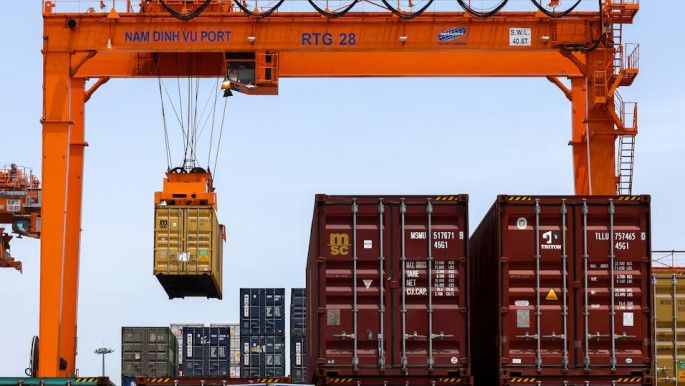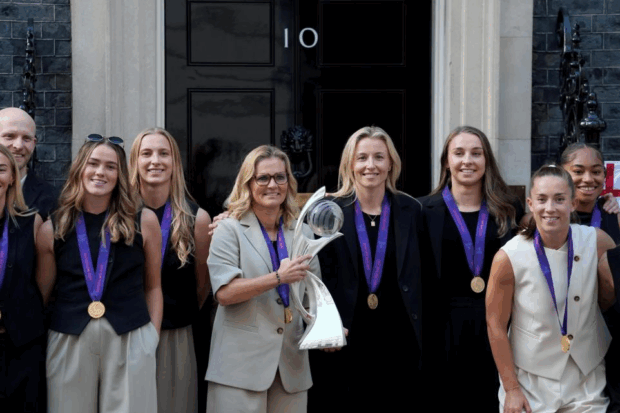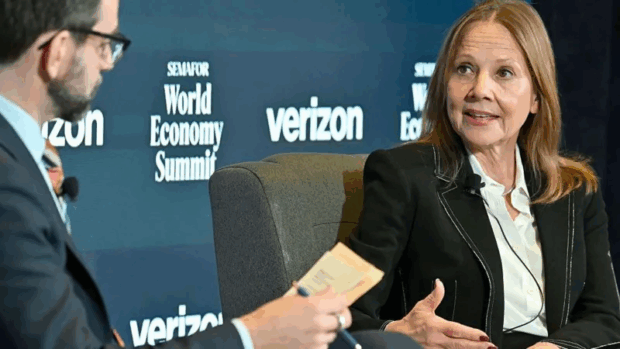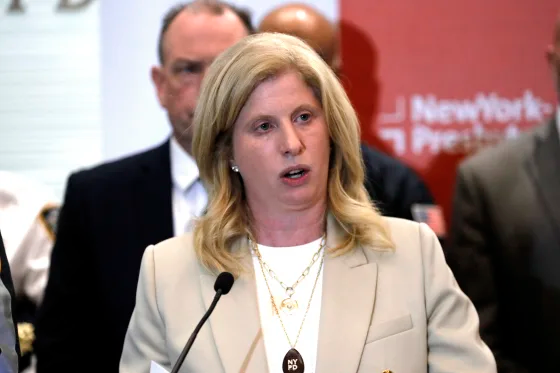
According to a document reviewed by Reuters, Vietnam’s trade ministry has issued a directive to combat illegal transshipment of goods to the United States and other trading partners. The directive is intended to avoid steep U.S. tariffs.
The directive, dated and effective April 15, warned that trade fraud is likely to increase amid growing tensions caused by U.S. tariffs. This would make it “more complicated to avoid sanctions that countries will apply to imported goods” if fraud is not prevented.
While the directive did not specifically name any countries where transshipment fraud might originate, Vietnam’s imports from China account for nearly 40% of its total, and Washington has openly accused Beijing of using Vietnam as a transshipment hub to evade U.S. duties.
Vietnam faces potential 46% “reciprocal” tariffs from the Trump administration, currently paused until July. If implemented, these tariffs could seriously undermine Vietnam’s growth model, which depends heavily on exports to the United States—its largest market—and substantial foreign manufacturing investments.
Under the directive, officials at the trade ministry, customs, and other agencies have been instructed to strengthen supervision and inspection of imported goods to verify their origin, “especially imported raw materials used for production and export.”
Vietnam’s Prime Minister Pham Minh Chinh has directed officials to address trade fraud, counterfeiting, and other U.S. concerns as the country prepares for tariff negotiations with Washington, according to a government statement on Tuesday.
The trade ministry directive was issued on the same day that Chinese President Xi Jinping concluded his visit to Vietnam, during which several agreements were signed, including one to strengthen cooperation between agencies responsible for issuing certificates of origin.
Earlier this week, Beijing warned countries against making trade deals with the U.S. at China’s expense.
Illegal transshipment typically involves Chinese-exported goods stopping in Vietnam to change their certificate of origin despite adding little or no value in the country. These products are then shipped to the United States with lower tariffs than they would face as Chinese-labeled goods.
The directive calls for stricter procedures to inspect factories and monitor the issuance of “‘Made in Vietnam’ labels, especially for enterprises with a sudden increase in the number of applications for certificates of origin.”
Officials are instructed to propose “specific measures to prevent illegal transshipment” when necessary.
The directive followed an emergency meeting held by Vietnam’s government in early April, shortly after U.S. President Donald Trump announced the duties.


















Be the first to leave a comment